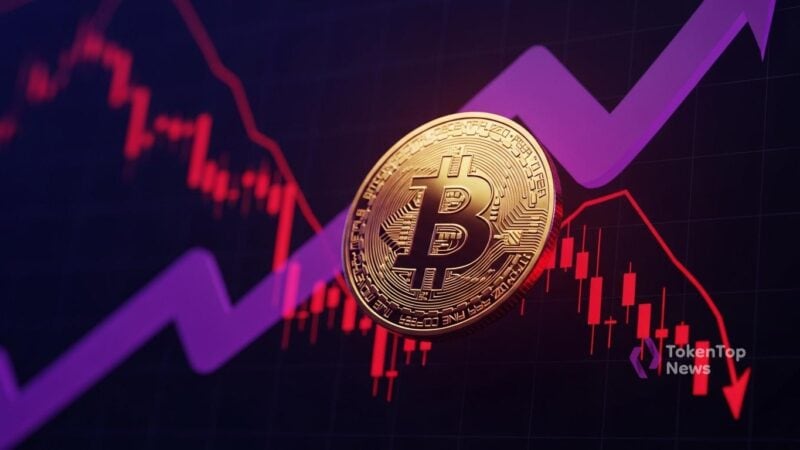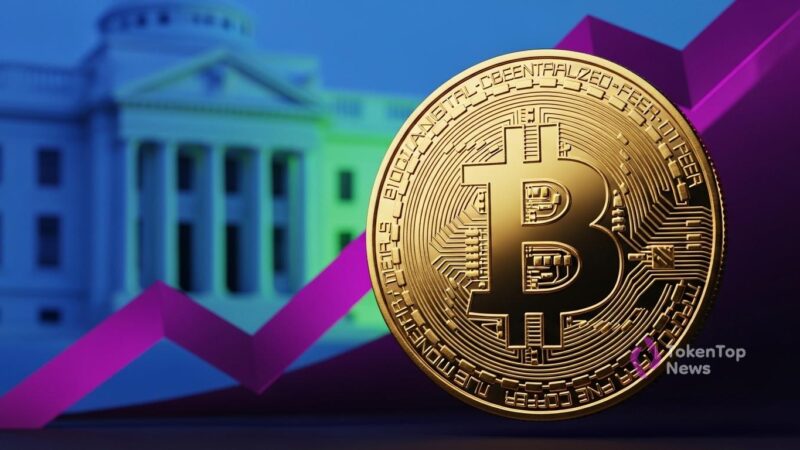South Korea Establishes Digital Asset Task Force for Crypto Legislation
- South Korea establishes Digital Asset Task Force for crypto legislation.
- Won-based stablecoin policy to be developed.
- Aims to regulate issuance and distribution of digital assets.

South Korea’s Democratic Party has launched a Digital Asset Task Force to draft cryptocurrency legislation, with a focus on stablecoins, officialized at the National Assembly on September 24, 2025.
The initiative aims to establish a regulatory framework addressing stablecoin use, positioning South Korea as a leader in digital finance, impacting the nation’s cryptocurrency and financial markets.
South Korea’s ruling party launched a Digital Asset Task Force, focusing on stablecoin and cryptocurrency regulations. The initiative seeks to establish comprehensive rules by 2025, aiming to drive the country’s digital finance strategy. The Task Force is led by Rep. Lee Jung-moon, supported by Han Jeong-ae and Min Byoung-dug. They aim to devise a won-based stablecoin policy and oversee issuance, distribution, and regulation of digital assets.
The move addresses growing crypto transactions, with Korean exchanges reporting $40 billion outflow in Q1 2025. This underscores the urgency for legislative frameworks to curb capital flight and ensure market stability. South Korea’s framework targets won-denominated stablecoins, positioning the country as a leader in digital currency innovation. According to Rep. Lee Jung-moon, “We aim to establish a won-based stablecoin policy, and the country should not follow, but lead in digital asset innovations.” The policy looks to mitigate the influence of US dollar-based stablecoins on local markets.
The proposed regulations may impact any crypto asset listed on Korean exchanges. Emphasis is placed on enhancing liquidity and trading dynamics, although technical deployment details remain forthcoming. Insights suggest the focus on systemic stability aligns with Korea’s broader financial infrastructure goals. The initiative reflects an evolving regulatory landscape, prioritizing market oversight and innovation-friendly policies.



